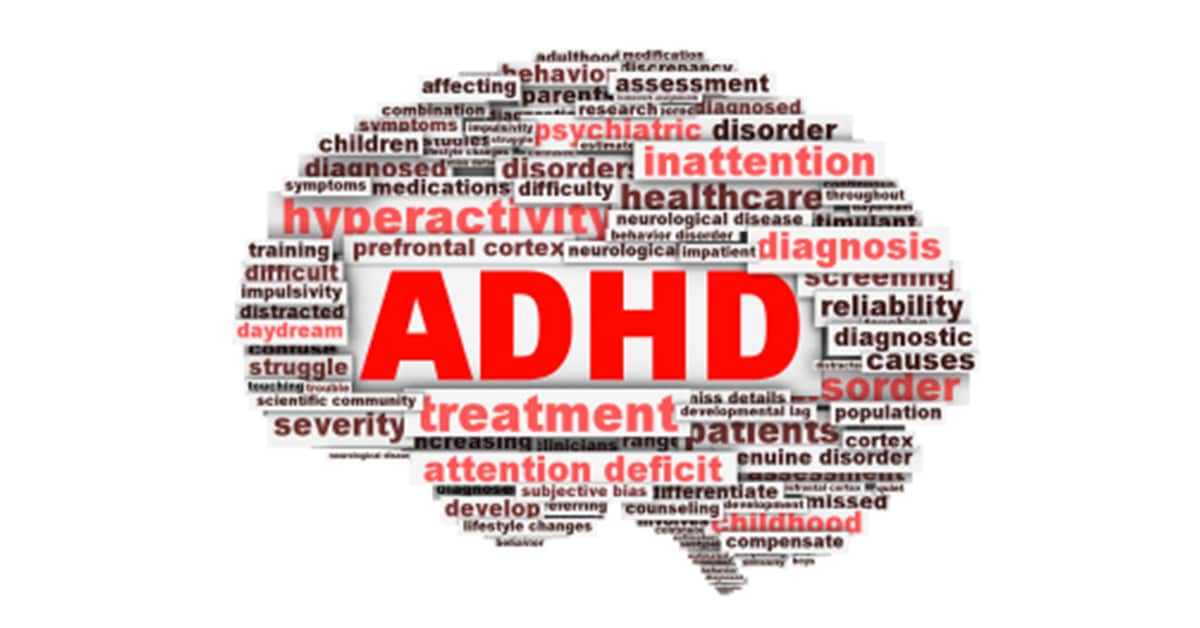
Neurofeedback treatments for attention-deficit/hyperactivity disorder (ADHD) demonstrate medium to large effect sizes and remission rates between 32% and 47%, according to a study published online in the journal Applied Psychophysiology and Biofeedback.
“[S]tandard neurofeedback protocols in the treatment of ADHD can be concluded to be a well-established treatment, or ‘efficacious and specific’ in line with the American Psychological Association guidelines,” researchers wrote.
The quantitative review employed a stricter version of American Psychological Association guidelines for rating “well-established” treatments. In addition to addressing treatment efficacy and effectiveness/clinical utility, the study included only recent systematic reviews and meta-analyses with more than 2 independent randomized controlled trials and factored in effect sizes and remission rates.
Standard neurofeedback protocols offered significant efficacy for parent- and teacher-rated symptoms in a pair of meta-analyses, according to the study. The effect size was medium, and effects were sustained after 6 to 12 months.
Meanwhile, 4 multicenter randomized controlled trials found significant superiority for standard neurofeedback protocols, relative to semi-active control groups, at post-treatment or at follow-up. Effect sizes were medium to large, and remission rates ranged from 32% to 47%.
Three open-label studies confirmed effectiveness, researchers reported, and no signs of publication bias were found. Furthermore, no studies reported any significant side effects of standard neurofeedback treatment.
Read the full article here: https://www.psychcongress.com/article/neurofeedback-treatments-rated-effective-adhd
